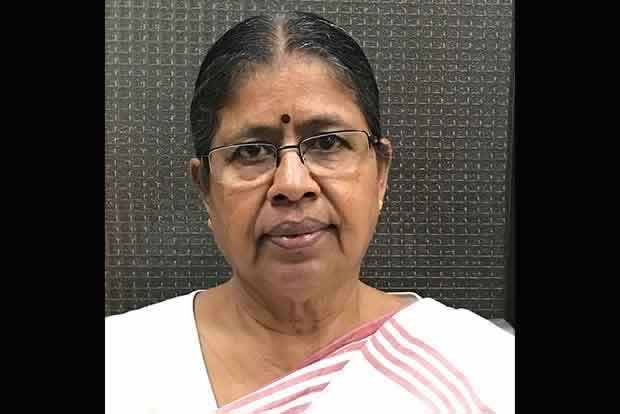Opinion: It is time the Law Commission revisited and recommended abolition of capital punishment
On March 4, 2019, the Supreme Court acquitted six persons sentenced to capital punishment in the case of Ankush Maruti Shinde & others Vs State of Maharashtra. It also awarded a compensation of Rs 5 lakhs each.;
By : migrator
Update:2019-03-08 02:10 IST

Chennai
Ankush Maruti Shinde, Rajya Appa Shinde, Ambadas Laxman Shinde, Raju Mhasu Shinde, Bapu Appa Shinde and Surya alias Suresh were ordered to be released immediately as they were found to be framed in the case by the police. They belonged to socially and financially backward communities. They had spent over 16 years in jail. The psychiatric trauma they faced, the years that they lost being incarcerated as condemned prisoners are beyond compensation.
The Supreme Court on March 5, 2019 in Digamber Vaishnav and another Vs State of Chhattisgarh acquitted two accused who were sentenced to death in a case of murder of 5 ladies. This is a case wherein the accused were sentenced with capital punishment for the offence under Section 302 read with Section 34 IPC and ordered to be hanged till death among others. The Supreme Court found the conviction flawed on many aspects like awarding capital sentence believing the testimony of a minor girl, who was not even an eye witness to the crime etc. among other reasons. The murder was alleged to be committed on 17.12.2012.
It is pertinent to note that the above two cases of acquittal of murder accused facing death sentence, one with a substantial compensation for wrongful prosecution and confinement once again demonstrates the need to re-think about having death penalty as punishment. If they had been executed, who could compensate and undo the wrong committed? It would have been nothing but judicial murder. In times when popular voices support jail/incarceration and retributory punishments, it is essential that we analyze and understand that the irreversible sentence of death could be suffered by innocents. Even death sentence is given away on impulse and not on sound legal footing of rarest of the rare cases, which itself is a subjective norm to apply. It is only the poor, dalits / tribals etc. who cannot afford the luxury of high profile lawyers and who depend largely on free or substandard legal help that end up with stringent punishments.
The Supreme Court has in Ambadas Laxman Shinde’s case said: “Every acquittal should be understood as a failure of the justice delivery system, in serving the cause of justice. Likewise, every acquittal should ordinarily lead to the inference, that an innocent person was wrongfully prosecuted. It is therefore essential that every State should put in place a procedural mechanism which would ensure that the cause of justice is served, which would simultaneously ensure the safeguard of interest of those who are innocent.” The Home Department of every State was directed to examine all orders of acquittal and to record reasons for the failure of each prosecution case and for actions to be taken against the erring officers. It would also have been welcome if the Supreme Court had also noted the vulnerability of the deprived classes in suffering such heinous punishments and advocated abolition of death penalty.
Keeping in mind the above two acquittals on two consecutive days that would otherwise have consumed 7 lives, it is time that the Law Commission revisits and recommends abolition of capital punishment in toto from our statute books. This could lead India to ratify the Second Optional Protocol to the International Covenant on Civil and Political Rights and make India a credible member of the United Nations. As UN’s Secretary-General António Guterres says, “The death penalty has no place in the 21st century.”
The writer is Senior Advocate, Madras High Court
Visit news.dtnext.in to explore our interactive epaper!
Download the DT Next app for more exciting features!
Click here for iOS
Click here for Android

